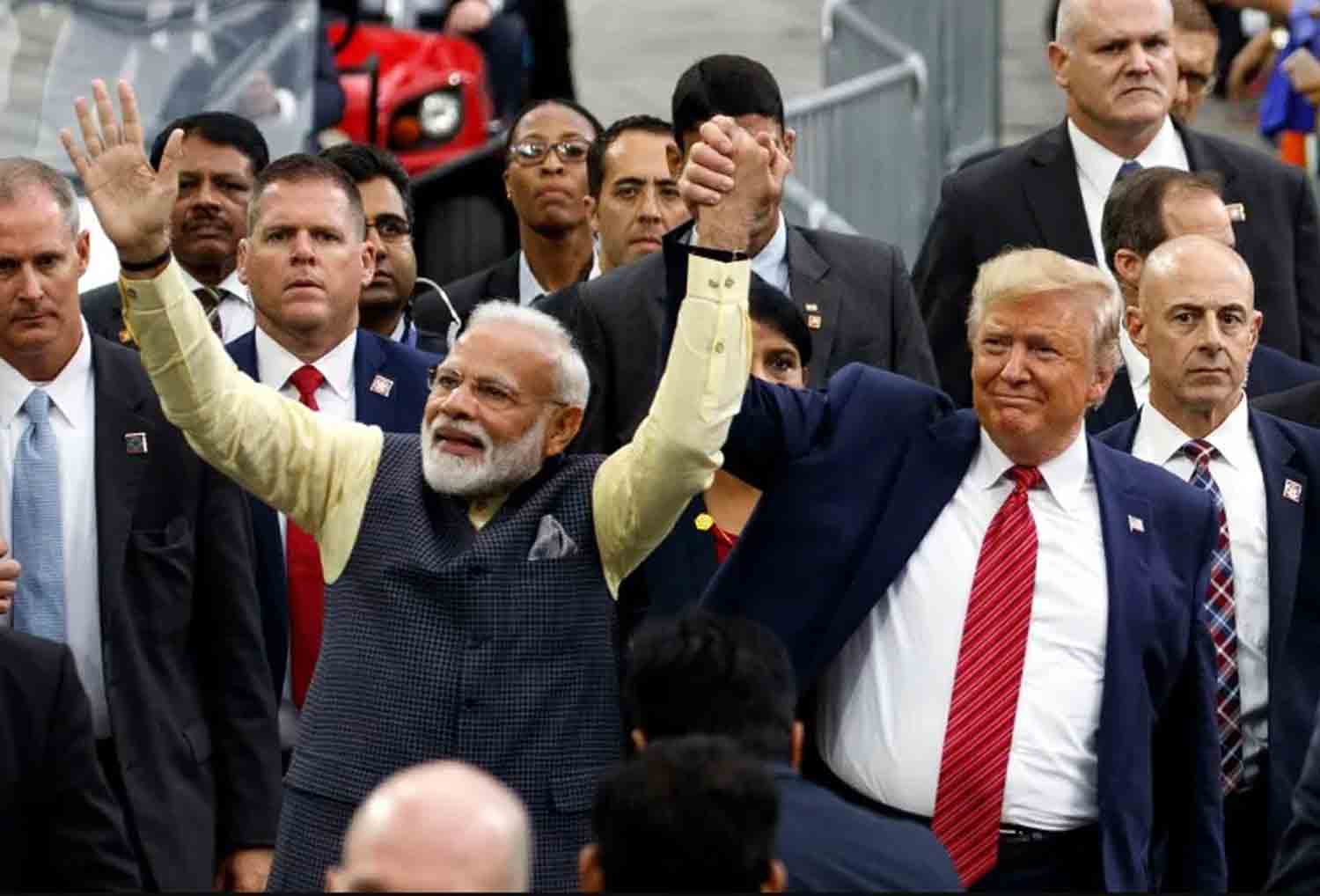As the results of the United States presidential election were announced on Wednesday, revealing that former President Donald Trump had emerged victorious, a sense of relief spread across Uganda’s capital, Kampala, located over 11,000 kilometers (7,000 miles) away.
“The sanctions are lifted,” stated Anitah Among, the parliamentary speaker of the East African nation, during a session in parliament, suggesting her optimism for enhanced relations with the US under Trump. She is among several Ugandan officials who have faced travel bans to the US in recent years due to accusations of human rights abuses.
While some African governments that have been criticized for authoritarian practices may see cause for optimism, analysts caution that it is not just sanctions that could be reconsidered under Trump; US aid may also be at risk.
In the wake of Trump’s re-election, Africa is left to ponder the implications of his second term for the continent.
His victory over Vice President Kamala Harris prompted swift congratulations from various African leaders, including Egypt’s Abdel Fattah el-Sisi, Ethiopia’s Abiy Ahmed, Nigeria’s Bola Tinubu, and South Africa’s Cyril Ramaphosa, who were quick to reach out to Trump.
Many experts anticipate that Trump’s foreign policy will emphasize transactional relationships rather than multilateral partnerships, casting uncertainty over aid, trade, and climate agreements. They caution that his attention may be primarily focused on how Africa aligns with his broader geopolitical aims, particularly in relation to his competition with China. Analysts suggest that those who align with Trump will be rewarded, while others may face pressure to conform, a pattern observed during his previous administration from 2017 to 2021.
“He operates as a dealer, engaging in transactions based on his gains,” stated Christopher Isike, a professor of African studies and international relations at the University of Pretoria.
Authoritarian allies
Patrick Bond, a professor and political sociologist at the University of Johannesburg, predicts that leaders with controversial human rights records, such as Uganda’s Yoweri Museveni and Rwanda’s Paul Kagame, will seek to gain Trump’s favor. Both leaders have historically been significant allies of the US, and their supporters have defended them against recent criticisms regarding human rights, asserting their continued popularity domestically.
Zimbabwe’s President Emmerson Mnangagwa, who has also been subject to US sanctions, expressed his support for Trump’s victory, characterizing him as a leader who “represents the people.”
Samuel Oyewole, a political science lecturer from Nigeria, noted that Trump is unlikely to allow human rights and democratic principles to dictate his interactions with African leaders.
The focus on human rights and democracy highlighted by Biden may not be a priority for Trump, according to Oyewole’s comments to Al Jazeera.
Oyewole cautioned that Trump might target nations perceived as opposing US interests.
This approach could potentially damage relations with democracies such as South Africa, which has openly criticized US support for Israel and maintains robust connections with Russia and China. Despite recent strains with Washington, South Africa relies on the US as a vital economic and strategic ally, a situation it would prefer to preserve.
In his congratulatory message to Trump on X, Ramaphosa expressed his desire to maintain a close and mutually beneficial partnership between the two nations across all areas of cooperation.
Trump’s policies could be “disastrous” for Africa
Trump’s potential return to the presidency also raises concerns about the future of the African Growth and Opportunity Act (AGOA), with the current agreement set to expire next September, according to analysts.
Established in 2000, AGOA allows African nations to access the US market duty-free for certain products. Experts warn that Trump, known for his skepticism towards multilateral agreements, may see AGOA as a tool to negotiate more favorable bilateral arrangements, jeopardizing the existing framework.
Isike stated that Trump will utilize all available resources, including AGOA, to exert pressure on African governments.
In December 2022, the Biden administration committed $55 billion over three years to support African nations; however, this funding may be jeopardized as Trump shifts US foreign aid to align with his strategic goals.
Bond cautioned that AGOA could be vulnerable as Trump uses these matters in his negotiations.
Oyewole indicated that Trump might also use aid as a tool, contingent upon the continent’s alignment with his interests, similar to his threats regarding other regions, such as Ukraine. “We cannot view Trump as a benevolent figure,” he remarked.
Currently, US aid to Africa stands at approximately $8 billion annually, which could be reduced under Trump, particularly affecting initiatives like PEPFAR (the US President’s Emergency Plan for AIDS Relief), a crucial component of US assistance. Programs related to vaccines, HIV/AIDS, and reproductive health are among those that could be endangered.
Moreover, analysts have expressed concern over Trump’s skepticism regarding climate change, which poses significant risks for the continent.
His previous withdrawal from the Paris Climate Agreement raises apprehensions about a potential repeat if he is re-elected.
Bond highlighted the possible repercussions, asserting that Trump’s policies could be “disastrous” for Africa, which suffers the impacts of climate change despite contributing minimally to global emissions.
By exiting climate agreements, Trump would not only limit Africa’s access to essential international climate funding—necessary for addressing issues like water scarcity and food insecurity—but also empower polluting industries worldwide, exacerbating Africa’s climate challenges, Bond noted.
Trump’s indifference towards multilateral organizations
The election of Trump may lead to significant geopolitical implications for Africa.
The Biden administration had advocated for the inclusion of two permanent seats for African nations on the United Nations Security Council.
However, Oyewole noted that Trump’s indifference towards multilateral organizations could hinder Africa’s long-standing goal of reforming the UN Security Council.
Additionally, Trump’s competition with China adds complexity to Africa’s situation, especially considering China’s substantial investments in the region. Analysts predict that Trump may urge African countries to reduce their ties with Beijing, presenting challenging decisions for nations that depend on Chinese infrastructure investments and trade.
Nevertheless, this pressure might have unintended consequences: Experts suggest that Trump’s disengagement from Africa could motivate the continent to explore alternative partnerships.
Professor Isike proposed that Trump’s apparent indifference could unintentionally motivate African nations to enhance intra-continental trade and cultivate closer ties with countries in Asia and the Middle East.
“Should Africa choose to rely on aid and assistance from the US, then Trump’s election could be disastrous,” Isike remarked. “However, it might also present an opportunity for Africa to explore alternative trade partners and alliances.”
Discover more from Defence Talks | Defense News Hub, Military Updates, Security Insights
Subscribe to get the latest posts sent to your email.





